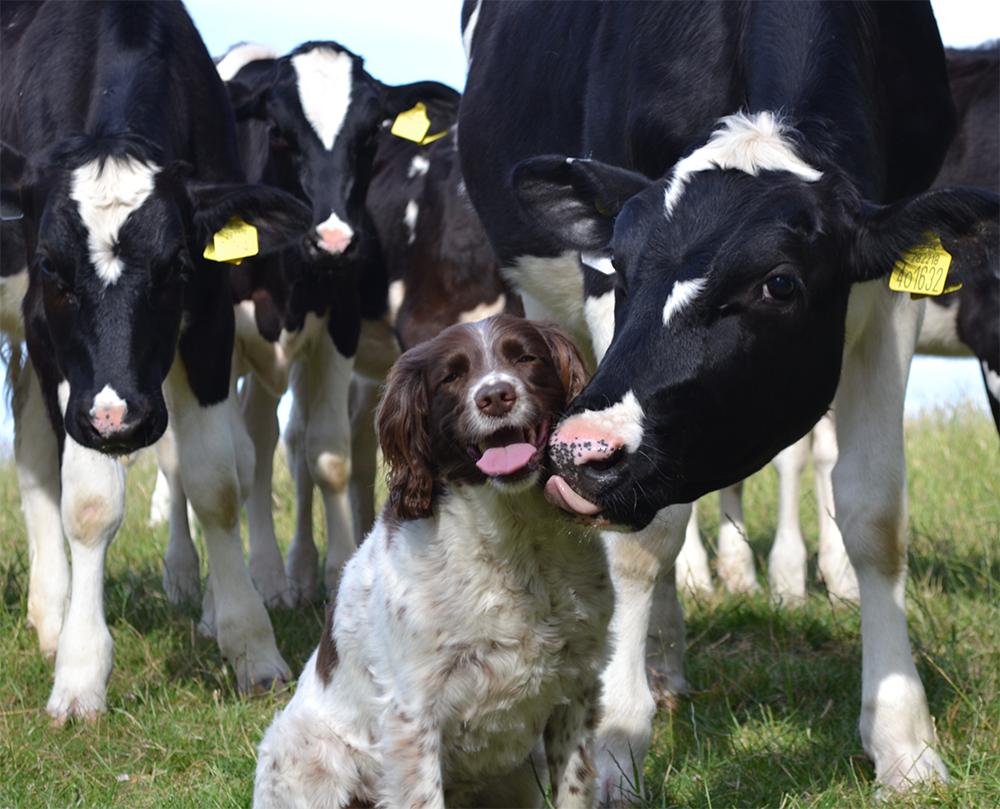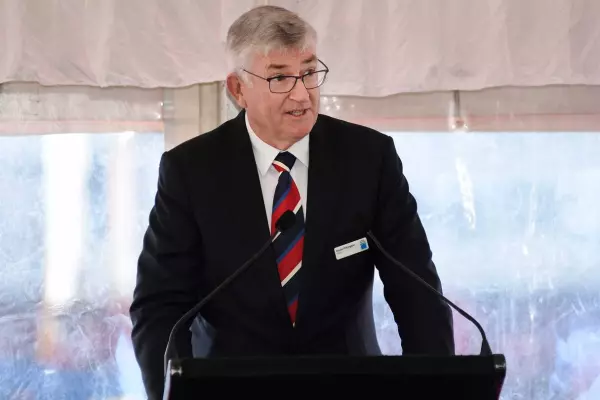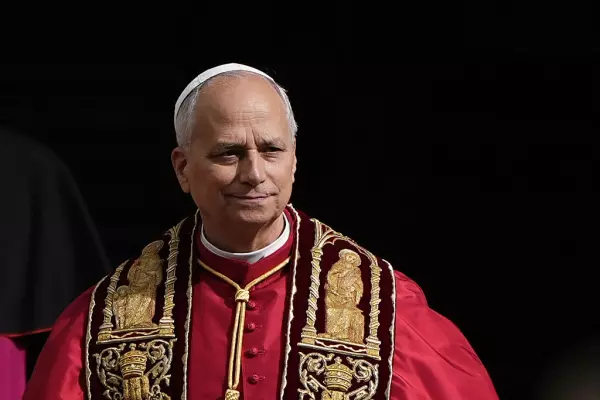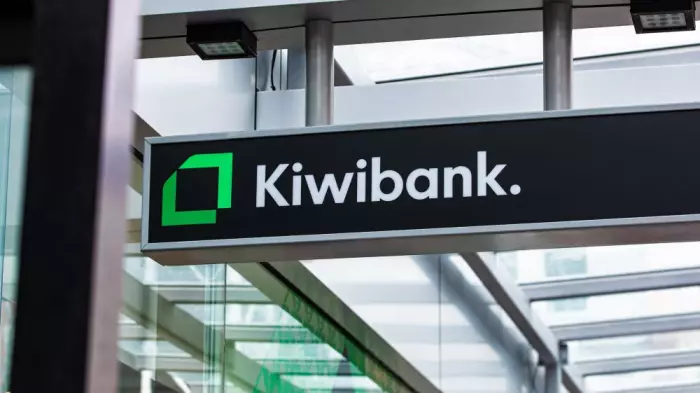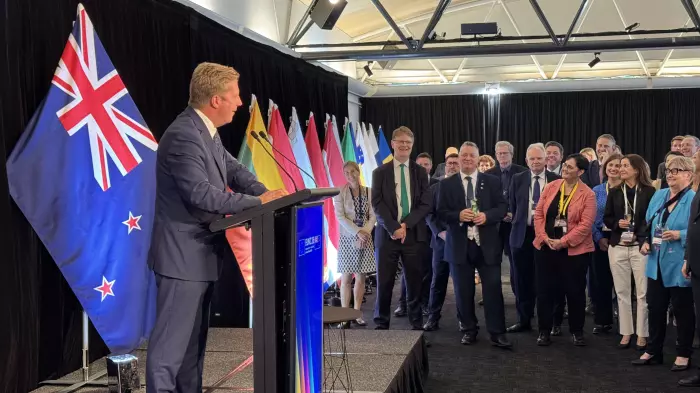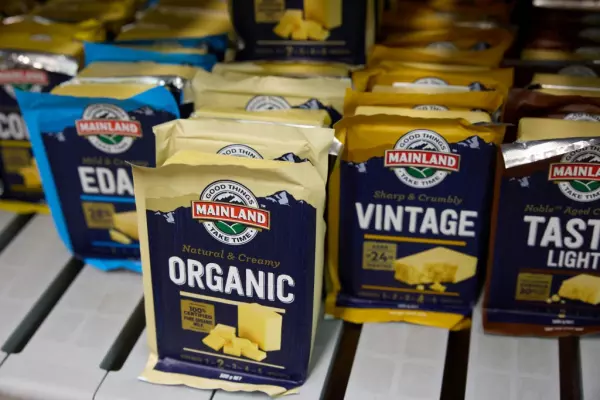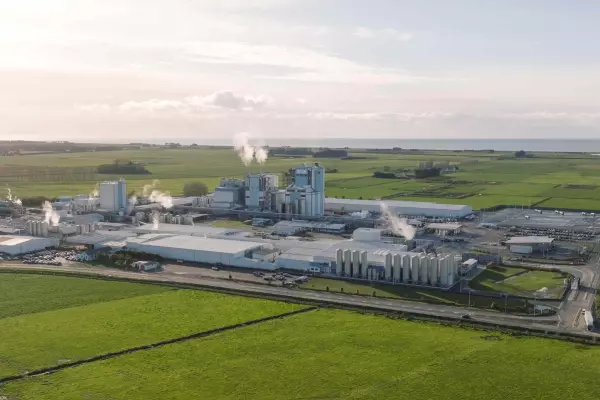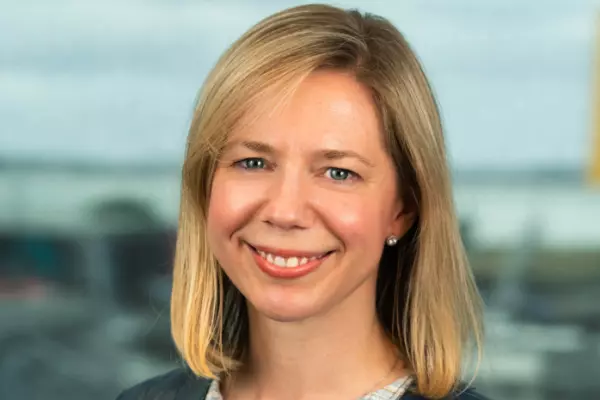Fonterra’s top brass should be feeling a little chipper as they pull up to Invercargill’s ILT Stadium for today’s annual meeting.
Not only have global dairy prices gone up in the last four Global Dairy Trade auctions, but the cooperative, its governance, and its capital structure haven’t shaken out any dissident shareholders with an axe to grind.
And that’s even after reporting a mammoth loss of $557 million attributable to its 9,676 shareholders. There was even more red ink - $605 million - when you include losses for the interests held by minority partners.
Throw in a slump in Fonterra’s share price below $4 at one stage, and that should have been enough to stir even the most taciturn dairy farmer to point the finger during today’s proceedings.
That’s not to say they won’t get pulled up by unhappy shareholders. I’ve yet to come across a Fonterra farmer who’s pleased with the way this year has panned out.
However, others appear more inclined to ask who watches the watchmen?
Two separate shareholder groups have come to similar conclusions – that the Fonterra Shareholders’ Council has failed to keep tabs on whether the dairy giant was generating value for its owners.
Role
The 25-strong council is elected to represent the interests of Fonterra’s owners in monitoring the cooperative’s performance, representing farmers to the board, and identifying and training upcoming talent.
It’s been chaired by King Country farmer Duncan Coull for the past four years. He was first elected in 2010 and is bowing out today with what will likely be an earful as a swansong.
The council’s already embarked on a soul-searching exercise with a full review to consider its functions under the constitution and whether it has the right structure.
Any changes would be put to shareholders at next year’s annual meeting.
Southland farmer Tony Paterson wants to go further, and, on behalf of a group of farmers, has a proposal before the annual meeting for an independent review to be started immediately. That would see whether the council can be a more effective cornerstone shareholder, whether there was a better model, and to acknowledge the current state wasn’t fit for purpose.
Waikato farmers Trevor Simpson, Jim Cotman, Mark Peters and Malcolm Lumsden also have the council in their sights – they want independent voices on the performance committee.
“The time has arrived for us to mature sufficiently enough to want to hear the view on Fonterra’s performance from outside our ranks. In other words, some good ongoing independent analysis and informed views on the perception of our business from outside the company structure,” they say.
Short shrift
Fonterra’s board and the council have given both proposals short shrift, saying the review that’s already in train will be enough.
No-one thinks the shareholder proposals will get ratified. But I’d be wary of writing them off so quickly.
Neither of these groups are the usual suspects who lob in proposals year after year attracting about 10-20 percent support as a sort of protest vote.
But go back to 2015, when Fonterra was in the midst of a governance review, former directors Colin Armer and Greg Gent put forward a proposal to shrink the board to make a “fitter, leaner, more agile Fonterra.” They fell short of the 75 percent super majority they needed, but did pull in about 54 percent.
And obviously the fitter, leaner, more agile bit didn’t follow suit either.
However, there is a serious question that needs to be asked about the apparent disconnect between Fonterra HQ and its owners. If the proposals get some traction - even if they fall short - that could spur on much-needed change in the right places.
Chief executive Miles Hurrell seems to get it and while he’s making the right noises, it’s going to be a long game.
Chair John Monaghan’s another story. He was on the board through the previous regime, signing off on all those dud decisions that saw the cooperative write off $826 million in this year alone.
And you don’t tell your shareholders that you’re considering your succession plan if you don’t want to send certain smoke signals.
For now, the board and management should take heart that they’ve got breathing room to pursue the new strategy to put the firm's New Zealand milk pools at the heart of pursuing value of volume.
The council, too, is seeing some change, with six new councillors elected this week, although five of them were unopposed nominees.
In Eastern Bay of Plenty, challenger Gerard van Beek ousted the incumbent, running on a platform of bringing a new insight to the council, and that the farmgate payment model lacked transparency.
That swing didn’t extend to coastal Taranaki, where Vaughn Brophy won the day by sharing his fellow farmers’ “frustration at the direction that our company has been on and its loss of value for us as shareholders.”
It would be a shame for Duncan Coull to go out on a sour note today. He's been a tireless advocate for Fonterra farmers, but he's also become the farming voice of Fonterra.
They say it's risky for journalists to get too close to the people they're reporting on - I imagine the same risk applies in shareholder advocacy too.


